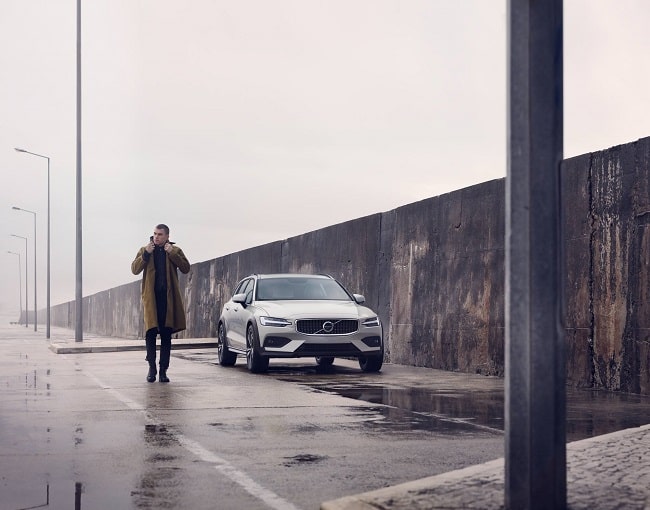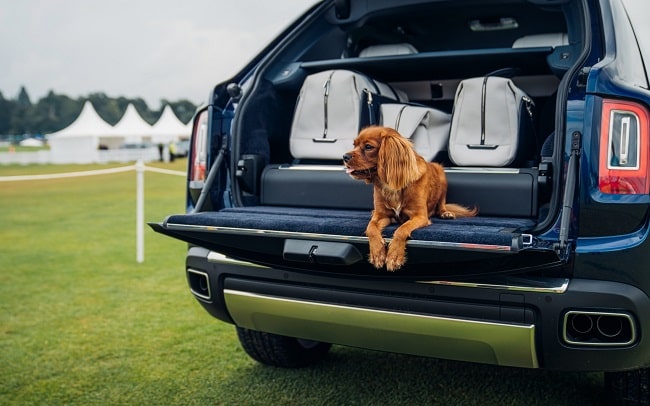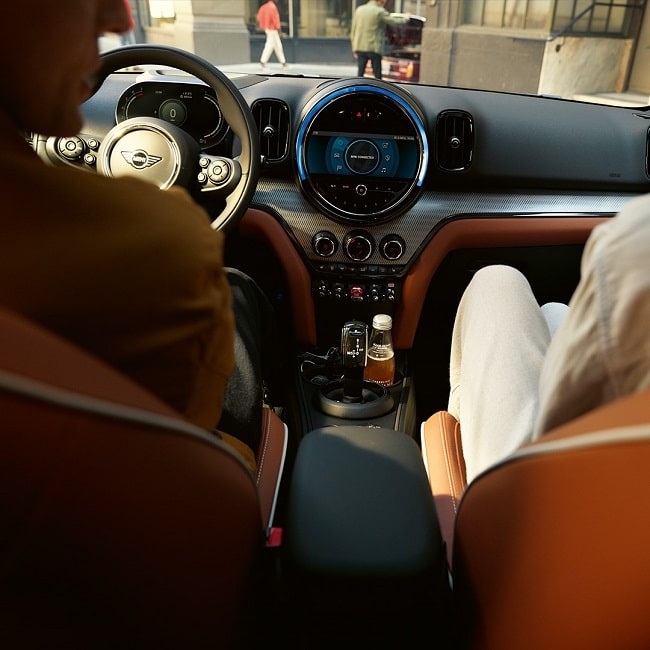1
HOME > Cars >
HOW TO DETERMINE WHICH KIND OF CAR YOU SHOULD BE DRIVING
Written by Menswear Style in Cars on the 9th August 2021

Cars are an essential part of life - not just for transportation but also as a status symbol, or simply because you like how they look. When it comes to buying one, however, there's a lot more to consider than just what colour to pick. There's the fuel efficiency, safety ratings and features that will matter most for your lifestyle. This article will go over some ways to help guide you through the car-buying process so that you can find the perfect match without feeling overwhelmed by all the options available.
Determine Your Needs
The first step should always start with figuring out exactly why you're looking at cars, the kind of lifestyle changes they'll enact and the answers to these questions can help refine which category best fits what you want from a new automobile. These categories include:
Pleasure cruisers for a lone driver or two occasional passengers. These are the basic cars that you can take on long trips, they're comfortable to drive and easy to get in and out of but not as versatile, such as carrying cargo or people over short distances. They don't handle off-road conditions well so it's best used on the highway with concrete surfaces.
Sports cars: For drivers who love speed and power these will likely be at the top of their list because they have excellent handling around corners and good acceleration when taking off from a stoplight but low fuel efficiency since sports car engines typically need more horsepower than traditional ones do which means higher fuel consumption rates even when cruising at lower speeds.
Trucks: These are often used to carry cargo and people over short distances, like a pickup truck or an SUV with a back seat but they're also great for off-road use so if you need to drive in the snow or rough terrain then this is probably one of your best options because it can handle any bumpy roads that come its way.

Budget
In order to find the right car for you, it is important that you have a budget in mind. This doesn't just mean how much you can afford in terms of your monthly loan payment - it also means what kind of cars you can afford on that amount and still be able to maintain basic necessities like food, rent, and fuel. This will help keep your options open and allow you to focus on what matters most.
Test Drive
One of the best ways to find out if you are comfortable driving a car is by going and taking it for a test drive. However, many people do not have access to this service so they need some other way to get an idea of what kind of cars make them feel safe or uncomfortable. A great option would be demo cars that dealerships use for test drives. If there's nothing wrong with these used vehicles then you can take one in on trade-in value when looking for your next vehicle purchase. If you cannot locate any demos near where you live, try watching videos or reading articles about how different cars handle differently than others.

Read Reviews
If you want to find the right car for yourself, you must spend time researching and reviewing vehicles. Reviewing is important because a lot of cars might seem great from the outside but have major problems on the inside which will only be found after purchase. For example, The 2014 Nissan Altima has good safety ratings and an affordable price tag so it seems like a perfect vehicle. However, this car is known for having transmission issues as well as other minor mechanical faults such as frustratingly difficult locks and faulty power outlets.
Follow Your Gut
Follow your gut instinct when making a final decision. A big factor in choosing a car is going to be how you feel about it. Your intuition can play an important role when you are deciding on the right vehicle. It may seem like your gut instinct will lead you astray, but if something doesn't feel right then maybe go with what feels correct for you because no amount of research or data will make up for this sense.

Remember, when making a final purchase consideration, always read reviews in order to get feedback from people who bought the same product as you before. If possible, test drive at least two different vehicles so that you can compare them side by side and see what features are important or not important enough for you based on your budget and lifestyle choices. Finally, follow your gut instinct because this will help avoid buyer's remorse down the road if something goes wrong after buying the car.
Trending
2
3
4
5
6
7
8
9
10









